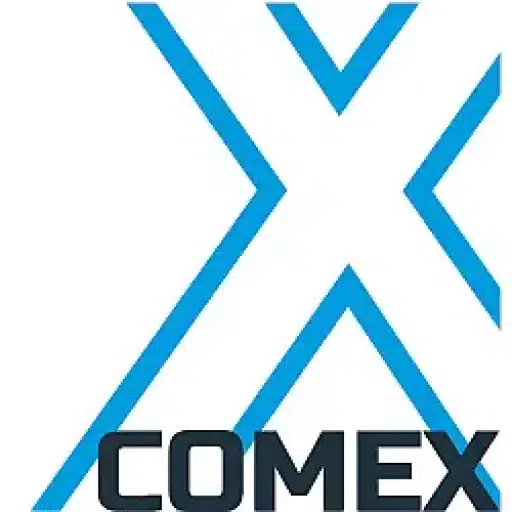+31 (0)43 30 88 400 | office@comex.eu

Again: stay “vendor neutral”!
Again: stay “vendor neutral”!
Ten, fifteen years ago all of digital Netherlands was concerned that the archive had to be VNA: Vendor Neutral Archive. An archive independent of the manufacturer. But even in the year 2020, the question still comes to us with some regularity. VNA means nothing more or less than having availability over your data without being dependent on a vendor or manufacturer.
Vendor lock: costly business!
Back in the days when we worked with optical jukeboxes, you needed software that created an archive. If you needed the data again, you needed this software to do that. Organizations that wanted to switch to other archive software or a different archive structure then often encountered a problem, because they were actually dependent on the cooperation of the old manufacturer. Especially if it involves years of storage – not unusual in the case of an archive – it is important to keep in mind that you are not dependent on the manufacturer of software and/or hardware. On the one hand, because the manufacturer, software and hardware may no longer exist when you need it. Or a manufacturer charges a very generous fee for the support you need to access your data. This has occurred several times. A vendor lock (in which you do depend on the manufacturer) can thus become a costly affair.
The new vendor lock
But a new kind of vendor lock is also at play in these times: the access vendor lock. Suppose you have a large amount of data in the cloud. The cloud provider can easily increase monthly storage costs by 20 percent. Then you can choose to take your data out of the cloud and store it elsewhere. But this is costly and not without risks. After all, data migration is not easy. So in this way you are also dealing with vendor lock. Remaining vendor neutral is therefore still a hot topic even in the case of cloud storage.
What about Silent Bricks?
So with Silent Bricks, aren’t you caught in a vendor lock? Very limited. You are on the manufacturer if you want to expand the system. But not if you need to replace a hard drive or any other component: they are all standard components. And also access to the data is not in a vendor lock. Yes, you depend on the software running in the system, but you purchase it once.
Want to know more?
Please inquire about Silent Bricks! We are happy to tell you all about it.
Book a free consultation here!
Ten, fifteen years ago all of digital Netherlands was concerned that the archive had to be VNA: Vendor Neutral Archive. An archive independent of the manufacturer. But even in the year 2020, the question still comes to us with some regularity. VNA means nothing more or less than having availability over your data without being dependent on a vendor or manufacturer.
Vendor lock: costly business!
Back in the days when we worked with optical jukeboxes, you needed software that created an archive. If you needed the data again, you needed this software to do that. Organizations that wanted to switch to other archive software or a different archive structure then often encountered a problem, because they were actually dependent on the cooperation of the old manufacturer. Especially if it involves years of storage – not unusual in the case of an archive – it is important to keep in mind that you are not dependent on the manufacturer of software and/or hardware. On the one hand, because the manufacturer, software and hardware may no longer exist when you need it. Or a manufacturer charges a very generous fee for the support you need to access your data. This has occurred several times. A vendor lock (in which you do depend on the manufacturer) can thus become a costly affair.
The new vendor lock
But a new kind of vendor lock is also at play in these times: the access vendor lock. Suppose you have a large amount of data in the cloud. The cloud provider can easily increase monthly storage costs by 20 percent. Then you can choose to take your data out of the cloud and store it elsewhere. But this is costly and not without risks. After all, data migration is not easy. So in this way you are also dealing with vendor lock. Remaining vendor neutral is therefore still a hot topic even in the case of cloud storage.
What about Silent Bricks?
So with Silent Bricks, aren’t you caught in a vendor lock? Very limited. You are on the manufacturer if you want to expand the system. But not if you need to replace a hard drive or any other component: they are all standard components. And also access to the data is not in a vendor lock. Yes, you depend on the software running in the system, but you purchase it once.
Want to know more?
Please inquire about Silent Bricks! We are happy to tell you all about it.

